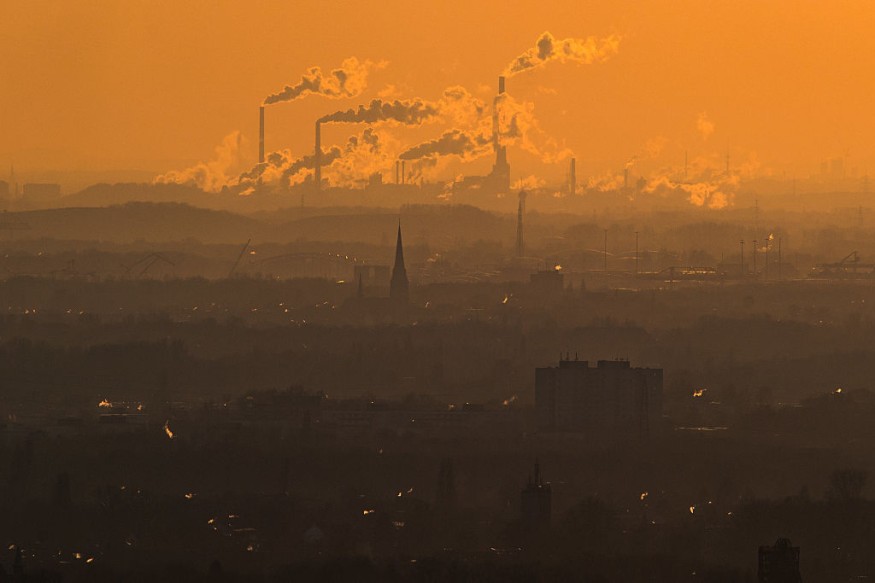
Even before the international climate talk commences in the following month, matters to extract world's fossil fuel extraction had already been widely discussed to wind down its production in the coming years.
This climate crisis had been putting us in quite a predicament for over a decade now, and could remain consistent if the world does not take a quick course of action and burn more fossil fuels sooner rather than later.
According to UN Environment Programme analysis, 15 major fossil fuel-generating countries will produce roughly 110% more coal, oil, and gas in 2030 and could increase warming to 1.5 degrees Celsius above pre-industrial levels, 45% more than what would be consistent with 2 degrees.
The world's leading weather and climate organization concurred that the Earth's average temperature will at least temporarily 'breach a crucial tipping point' in the next five years.
With this in mind, international climate negotiations focus on getting countries to commit to stronger fossil fuel cuts, while unsafe, has limited threshold and benefits future generations.
Closing the gap
Since the 2019 annual report, researchers say that there has been no notable change in working on the production gap between government plans and international climate commitments. However, some experts believe that governments can still close the gap.
Latest analysis found that production gap is widest for coal, of which governments plan to produce roughly 240% more in 2030, while production of oil and natural gas is around 57% and 71%, respectively.
Lead author Ploy Achakulwisut and also a scientist with the Stockholm Environment Institute says it is not too late for governments to "reverse course and close the gap" while the range sobers.
"It's state-owned fossil fuel companies that control 50 to 55% of global coal, oil and gas production, but even when they don't currently control production, government policies and subsidies enable production by private interests," Achakulwisut said. "It's governments who can implement systemic economy-wide policies and actions, with the public interest in mind."
Also read : Fossils of Horrific Giant 'Sea Scorpion' That Lived 435 Million Years Ago Discovered by Scientists
Every fraction of degree counts
While more than 190 countries pledge to limit the precipitous rise in global temperatures, with a preferred goal of 1.5 degrees above pre-industrial levels, scientists say we can't take much confidence as even a half a degree could make a huge difference.
Global temperatures beyond 1.5 degrees means more record-setting wildfires, unprecedented heat waves, and deadly floods.
Achakulwisut said that the crux of the problem is "governments of fossil fuel-producing countries are still not willing to publicly acknowledge that we need to wind down production rapidly in a sustained, managed manner in order to meet the Paris Agreement."
Researchers contend that the planet's remaining oil, natural gas, and coal reserves must remain in the ground by 2050 to avoid catastrophic events. "Most regions in the world must reach peak fossil fuel production now or within the next decade to limit the critical climate threshold."
Nevertheless, time is also an enemy and "continuing to delay action will just make the problem harder."
© 2025 NatureWorldNews.com All rights reserved. Do not reproduce without permission.





